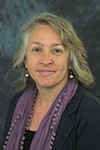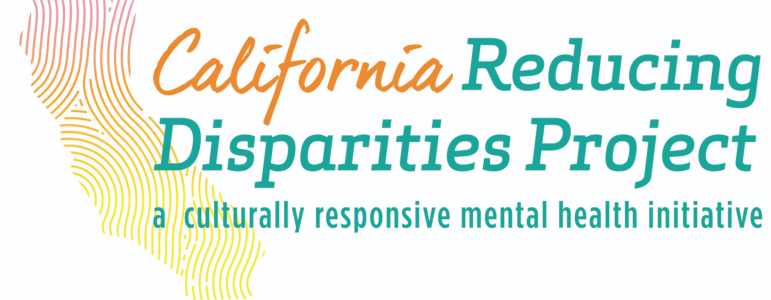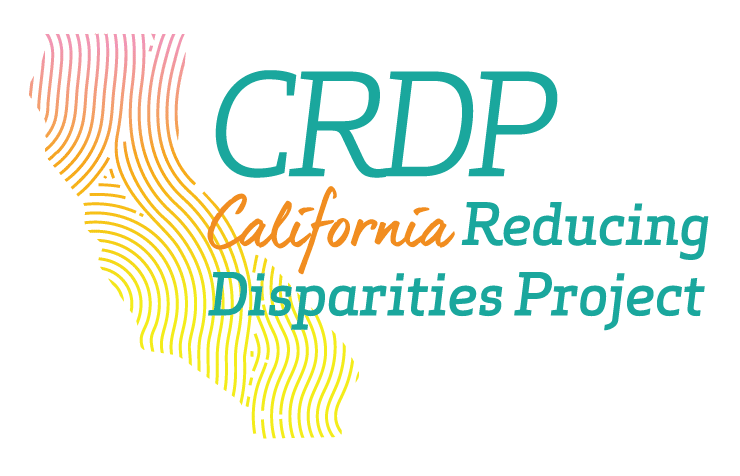
About Us
What is your program/organization?
Mission
Approach to programming
Team / Staff


She co-directed a 6-year Youth Participatory Action Research project with Southeast Asian American teen and young adults in Richmond, CA, with a primary aim of developing youth leadership in community- based tobacco prevention. As a NIAAA postdoctoral fellow, Dr. Lee trained in Alcohol Studies at Prevention Research Center on a project testing the effectiveness of PRC’s Community Trials, an NREPP Model Program to reduce and prevent alcohol-related problems in ethnic minority communities. Dr. Lee publishes in and reviews for scientific journals specific to behavioral and community health; CBPR; and alcohol, tobacco, and other drugs.

She managed and was a lead analyst of an evaluation of the Robert Wood Johnson Foundation’s Evaluation Fellows Program to build a pipeline of ethnically diverse evaluation professionals. As a lead evaluator of the Packard, Irvine and Hewlett Foundations’ Community Leadership Project, she worked with several Native American, African American and Latino LGBTQ arts-based organizations to provide guidance to the Foundations on the capacity-building needs of small and mid-size community organizations serving low-income people and communities of color in the San Francisco Bay Area. A credentialed coach, Dr. Waiters has worked with organizations that serve diverse populations (e.g., the LGBTQ, Native American, and at-risk youth communities) dealing with a variety of issues (including community, youth, domestic and sexual violence) as a coach, technical assistance provider and evaluator.

Claradina Soto, (Pueblo, Diné) PhD, MPH, is currently an Assistant Professor at the University of Southern California, Institute for Health Promotion & Disease Prevention Research. She has extensive experience working with California Tribes and Native American communities in urban settings. Dr. Soto is a Governor Appointee to the Tobacco Education Research Oversight Committee, (TEROC), a legislatively mandated advisory committee to oversee the use of Proposition 99 tobacco tax revenues toward commercial tobacco prevention education and tobacco related research.
She has worked on several grant-based studies including two funded by the Tobacco-Related Disease Research Program (TRDRP), as Principal Investigator. The first study will investigate the efficacy of Project SUN (Stop the Use of Nicotine), a teen smoking cessation program to promote tobacco use cessation among American Indian teens throughout California. The second is a study to evaluate an American Indian youth driven media campaign to create commercial tobacco prevention media messages on commercial tobacco abuse/ Electronic Smoking Devices (ESDs) and its harmful effects with Digital Storytelling, Photo Voice, and a Public Service Announcement. She is also a Tobacco Center for Regulatory Science (TCORS), Co-Investigator. The USC TCORS Project 2 examines knowledge, attitudes, beliefs and behaviors of small independent retailers in vulnerable population (African American, Latino, Korean, and American Indian) neighborhoods & tribal lands regarding compliance with FDA regulations in California. Dr. Soto is a longtime advocate for the Native American/Alaskan Native communities and other priority populations to advance health equity.

She has worked with indigenous groups throughout New Mexico to address social justice and health equity concerns, most recently completing a health impact assessment with the Santa Fe urban Native American community investigating the health implications of the chronic underfunding of the Indian Health Service. Dr. Haozous is a frequent speaker at local, tribal, state, regional, and national meetings on Native American health, particularly related to cancer prevention, palliative care, and health promotion. Dr. Haozous received her undergraduate degree in music from the University of California, Santa Cruz, and her masters and PhD in nursing from Yale University. She has a background in hospice and palliative care nursing, and is passionate about policy change that brings equitable healthcare delivery to all corners of Indian Country. Dr. Haozous demonstrates her leadership through service, with an appointment to the Community Advisory Board of the Robert Wood Johnson Foundation Culture of Health Leaders Program, and the National Advisory Committee for the Institute for Nursing Leadership with the American Academy of Nursing. She also serves locally as an executive board member for the Santa Fe Community Foundation and board member for Changing Woman Initiative, a women’s health non-profit with the goal of creating a Native American birth center in Northern New Mexico.
Media
Videos may be accessed on https://natap.pire.org or on Vimeo: https://vimeopro.com/user56079605/natap
Current News
What important updates is your organization working on right now, in the context of the CRDP?
The NATAP team is supporting IPPs in evaluation projects, article writeups, and data use agreements.
Is there anything “coming soon”?
We are working with TAPs from the other priority populations to produce the November Quarterly Collaboration Call. Working with NA IPPs and the EOA to coordinate the production of collateral material showcasing the CDEPs.
Contact Us
Principal contact person(s)
Roland S. Moore, Ph.D.
Email: roland@prev.org
Phone: 510-883-5770
Juliet P. Lee, Ph.D.
Email: jlee@prev.org
Phone: 510-883-5772
Website: https://natap.pire.org




